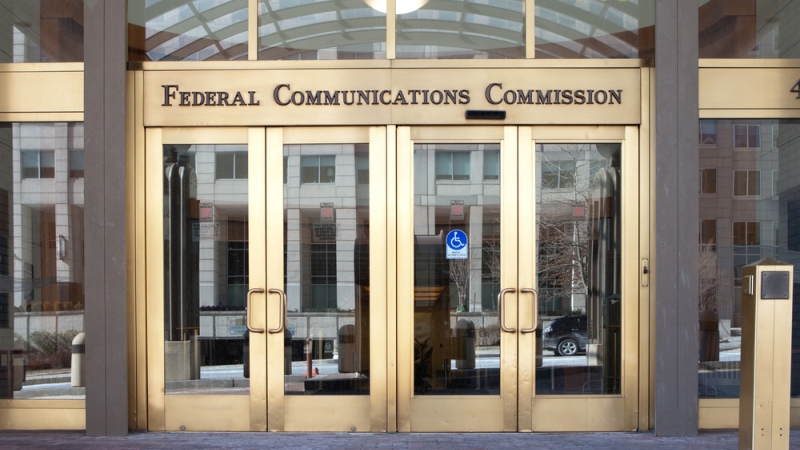
The Federal Communications Commission voted today to bar the use of Universal Service Fund (USF) money to pay for equipment and services supplied by China-based communications equipment makers Huawei and ZTE, and more broadly any other firms that “pose a national security threat” to the U.S.
The two Chinese firms have long been viewed by the Federal government as dangerous business entities allegedly under control of the Chinese government. Congressional action in 2018 barred the Federal government from buying Huawei products, and earlier this year, the Trump administration issued an executive order putting in place some restrictions on the ability of U.S. firms to sell goods to the Chinese companies. In the House and Senate earlier this year, members introduced bipartisan legislation that would bar Huawei equipment from U.S. 5G wireless networks, and that would block U.S. companies from doing business with Huawei.
The FCC’s action today would keep Huawei and ZTE products out of U.S. telecom networks that are supported by the USF’s $8.5 billion of annual support funding. In addition to designating Huawei and ZTE as companies that pose national security threats, the FCC order established a process for designating more companies in the future.
For U.S.-based, USF-supported communications service providers that already use Huawei and ZTE products, the FCC issued a notice of proposed rulemaking that would require those carriers to remove existing equipment and services provided by the Chinese firms. The agency will take steps to survey carriers to determine the extent to which they use the Chinese products and services, and will conduct a rulemaking that seeks public comment on how to pay for removal of those products and services.
“The public funds in the FCC’s USF, which subsidizes U.S. broadband deployment and other service through four separate programs, must not endanger national security through the purchase of equipment from companies posing a national security risk,” the FCC said.
“Both Huawei and ZTE have close ties to the Chinese government and military apparatus and are subject to Chinese laws requiring them to assist with espionage, a threat recognized by other federal agencies and the governments of other nations,” the agency said.
“As the United States upgrades its networks to the next generation of wireless technologies – 5G – the risk that secret ‘backdoors’ in our communications networks will enable a hostile foreign power to engage in espionage, inject malware, or steal Americans’ data becomes even greater,” the FCC said.
